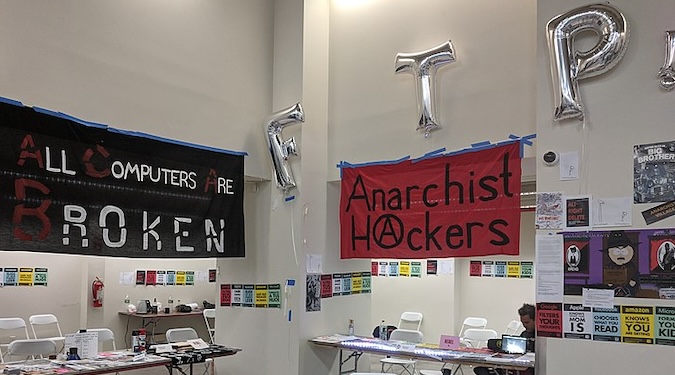Christopher Mohr analyzes the opportunities and hacking and other risks of incorporating machine learning into military logistics and identifies legal and security gaps that make incorporation difficult. Mohr begins by providing background on artificial intelligence and machine learning and describes how these tools can improve military logistics. Mohr also identifies types of cyberattacks that states… Continue reading Zero-Day Delivery: Hacking Risks and the Use of Machine Learning for Military Logistics
Tag: Cybercrime
Shot in the Dark: Can Private Sector “Hackbacks” Work?
In an era when cyberattacks are becoming ever more prevalent, there is a growing demand for private companies to “hackback” to deter and defend against attacks. But federal law precludes them from doing so. Sam Parker addresses the risks and benefits of allowing companies to respond to cyber-threats by going on the offensive and analyzes… Continue reading Shot in the Dark: Can Private Sector “Hackbacks” Work?
Bubbles Over Barriers: Amending the Foreign Sovereign Immunities Act for Cyber Accountability
More and more often, the Foreign Sovereign Immunities Act (FSIA) has protected cyberattack-conducting state actors and their cybersecurity contractors from legal liability and suits brought by victims seeking redress in US courts. Adam Silow argues that it is time for foreign sovereign immunity to receive an update for the digital era. State-sponsored cyberattacks and their… Continue reading Bubbles Over Barriers: Amending the Foreign Sovereign Immunities Act for Cyber Accountability



